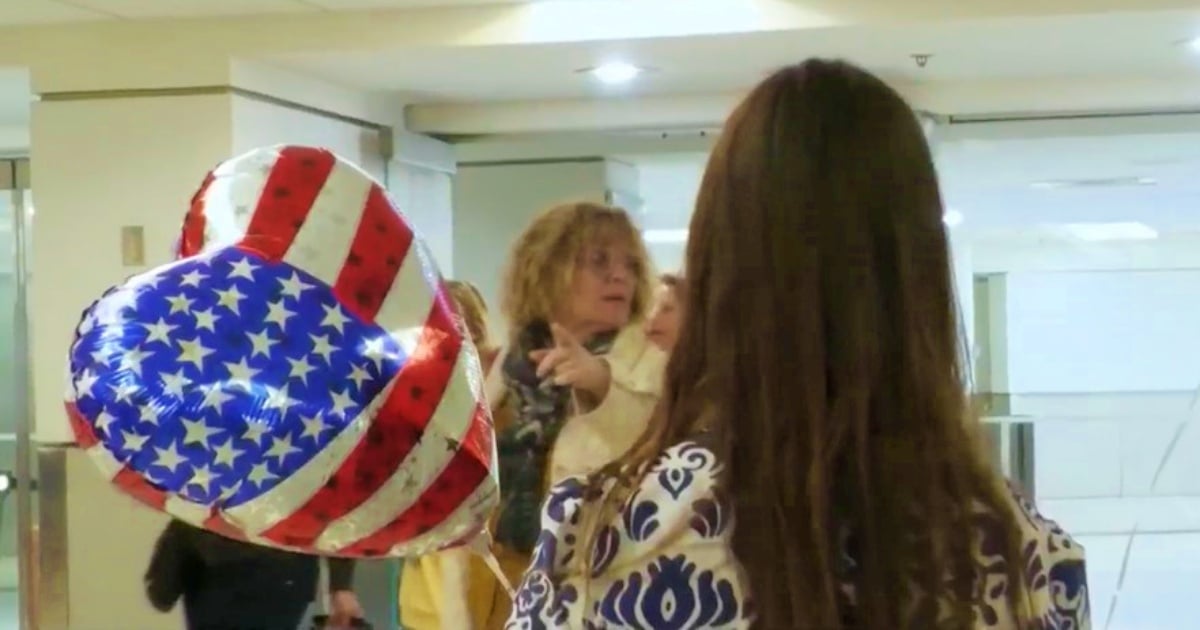The recent move by the Trump administration to indefinitely halt the processing of certain immigration applications has left many Cubans in a state of shock and deep concern. This suspension impacts those who were counting on humanitarian parole and family reunification programs to secure their status in the United States.
Renowned immigration attorney Willy Allen has expressed his concerns regarding the impact of this decision on the Cuban community. "This is a troubling decision for thousands of immigrants, and for the first time, Cubans with humanitarian parole need to be vigilant about their cases," Allen told CaféFuerte. In another interview with Martí Noticias, he highlighted the paralyzing effect the measure will have on processing immigration benefits. "Processes will now be significantly slower," he emphasized. "Millions have applied for immigration benefits, and now everything is under review," he added.
Allen pointed out that "the Cuban Adjustment Act is separate from immigration laws and only requires inspection and legal entry," though he noted that "more arguments might be needed in the future." He reassured that "this doesn't mean benefits can't be applied for, but cases will accumulate while the programs are under review."
Indefinite Halt on Humanitarian Parole and Family Reunification Cases
An internal memo from the U.S. Citizenship and Immigration Services (USCIS) details the suspension of all applications from immigrants who entered the U.S. through humanitarian parole and family reunification programs. Signed by Acting USCIS Director Andrew Davidson, the memo imposes an "administrative pause on all pending benefit applications" for those admitted under these initiatives.
Reported by CBS News and confirmed by anonymous government sources, the memo explains that the freeze is due to "fraud and security concerns" and will remain in effect indefinitely while procedures are reviewed. This decision affects roughly a million immigrants awaiting status regularization, including those seeking permanent residency through the Cuban Adjustment Act.
Programs Impacted by the Suspension
The following programs have been affected:
- Humanitarian Parole (CHNV): Launched in October 2022 for Venezuelans and in January 2023 for Cubans, Haitians, and Nicaraguans, it allowed 531,690 immigrants, including 110,240 Cubans, to enter the U.S.
- Family Reunification Program: Designed to facilitate the entry of the family members of U.S. citizens awaiting permanent residency status. For Cubans, the Cuban Family Reunification Parole (CFRP) has been in place since 2007 under the George W. Bush administration.
- Uniting for Ukraine: Created to provide refuge for Ukrainians fleeing the Russian invasion, benefiting around 240,000 immigrants.
The USCIS memo justifies the decision by stating that "public safety or national security concerns are not being adequately flagged in USCIS's adjudicative systems." It further notes that in August 2023, the Biden administration had temporarily paused humanitarian parole due to evidence of travel permit fraud.
Reactions and Consequences
For affected immigrants, this decision presents an unforeseen roadblock on their path to legal residency in the U.S., leaving many in bureaucratic limbo after having initiated their processes. Attorney Allen pointed out that this suspension might also affect those who entered the U.S. via the southern border using the CBP One app, a tool created by the Biden administration to facilitate asylum seekers' entry.
While the order has yet to appear officially on USCIS or Department of Homeland Security (DHS) websites, confirmations from government sources indicate it is already in effect. Beneficiaries of these programs now face a period of uncertainty, waiting for immigration agencies to conclude their security and fraud reviews.
FAQs on the Suspension of Immigration Programs
What does the suspension mean for Cuban immigrants?
The suspension means that Cuban immigrants relying on humanitarian parole and family reunification programs face delays in processing their applications, leaving them in a state of uncertainty regarding their legal status in the U.S.
Why has the USCIS suspended these immigration programs?
The USCIS has suspended these programs due to concerns about fraud and security, indicating that current systems were not adequately addressing these issues.
Who is impacted by the suspension of parole and family reunification programs?
The suspension affects approximately one million immigrants, including those who were in the process of regularizing their status through the Cuban Adjustment Act and other humanitarian programs.
Is it still possible to apply for immigration benefits?
Yes, immigrants can still apply for benefits, but their cases will accumulate while the programs are reviewed, potentially delaying the process.
